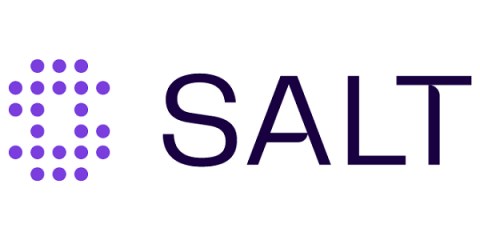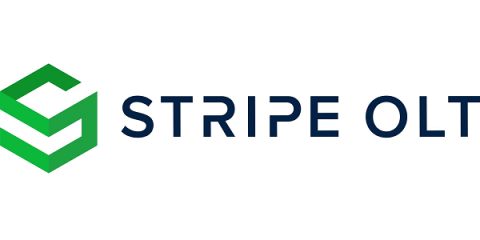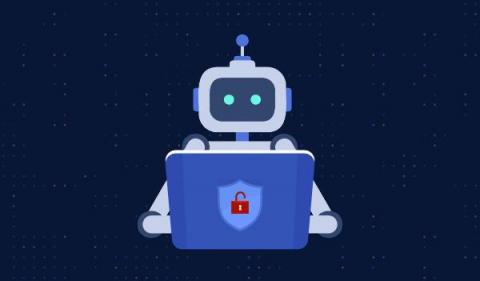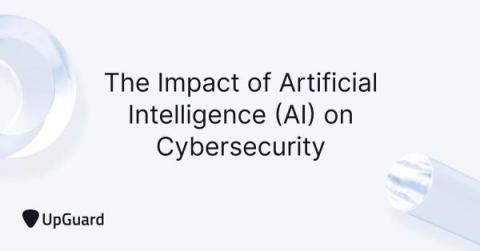Salt Unveils Enhancements to AI Algorithms for API Security
We’re pleased to share that Salt has extended the capabilities of our powerful AI algorithms, further strengthening the threat detection and API discovery abilities of the Salt Security API Protection Platform. (Check out today’s announcement.) Here at Salt, we always look forward to the RSA Conference, but this year we are doubly excited to attend and showcase these new advanced capabilities! Salt invests significant resources into the continued innovation of our API security platform.








